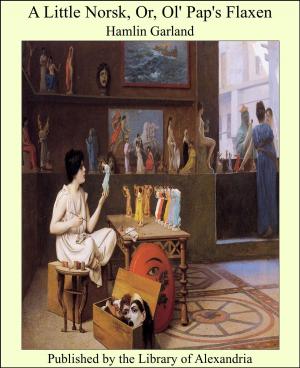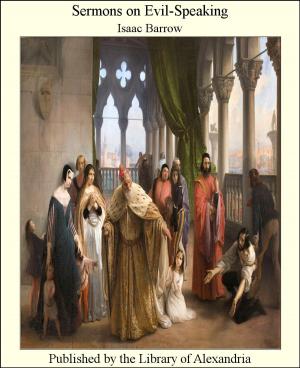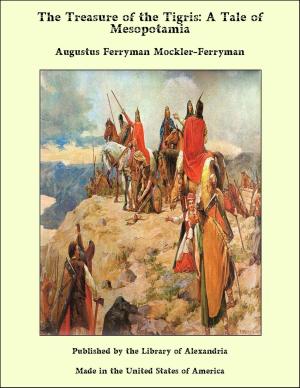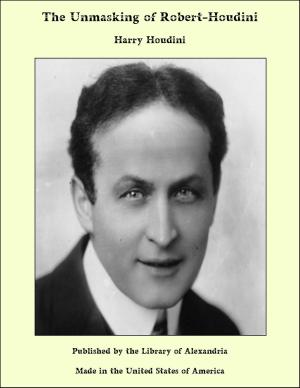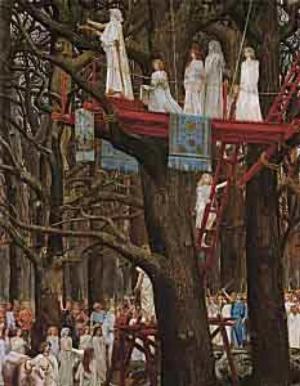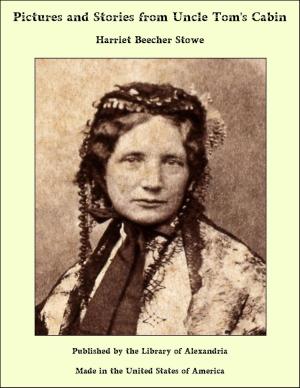Bert Wilson, Wireless Operator
Nonfiction, Religion & Spirituality, New Age, History, Fiction & Literature| Author: | J. W. Duffield | ISBN: | 9781465524447 |
| Publisher: | Library of Alexandria | Publication: | March 8, 2015 |
| Imprint: | Language: | English |
| Author: | J. W. Duffield |
| ISBN: | 9781465524447 |
| Publisher: | Library of Alexandria |
| Publication: | March 8, 2015 |
| Imprint: | |
| Language: | English |
Running Amuck “Amuck! Amuck! He’s running amuck! Quick! For your lives!” The drowsy water front pulsed into sudden life. There was a sound of running feet, of hoarse yells, a shriek of pain and terror as a knife bit into flesh, and a lithe, brown figure leaped upon the steamer’s rail. It was a frightful picture he presented, as he stood there, holding to a stanchion with one hand, while, in the Other, he held a crooked dagger whose point was stained an ominous red. He was small and wiry, only a little over five feet in height, but strong and quick as a panther. His black hair, glossy with cocoa oil, streamed in the wind, his eyes were lurid with the wild light of insanity, his lips were parted in a savage snarl, and he was foaming at the mouth. He had lost all semblance of humanity, and as he stood there looking for another victim, he might have been transported bodily from one of Doré’s pictures of Dante’s Inferno. Suddenly, he caught sight of a group of three coming down the pier, and leaping to the wharf, he started toward them, his bare feet padding along noiselessly, while he tightened his grip on the murderous knife. A shot rang out behind him but missed him, and he kept on steadily, drawing nearer and nearer to his intended prey. The three companions, toward whom doom was coming so swiftly and fearfully, were now halfway down the pier. They were typical young Americans, tall, clean cut, well knit, and with that easy swing and carriage that marks the athlete and bespeaks splendid physical condition. They had been laughing and jesting and were evidently on excellent terms with life. Their eyes were bright, their faces tinged with the bronzed red of perfect health, the blood ran warmly through their veins, and it seemed a bitter jest of fate that over them, of all men, should be flung the sinister shadow of death. Yet never in all their life had they been so near to it as on that sleepy summer afternoon on that San Francisco wharf
Running Amuck “Amuck! Amuck! He’s running amuck! Quick! For your lives!” The drowsy water front pulsed into sudden life. There was a sound of running feet, of hoarse yells, a shriek of pain and terror as a knife bit into flesh, and a lithe, brown figure leaped upon the steamer’s rail. It was a frightful picture he presented, as he stood there, holding to a stanchion with one hand, while, in the Other, he held a crooked dagger whose point was stained an ominous red. He was small and wiry, only a little over five feet in height, but strong and quick as a panther. His black hair, glossy with cocoa oil, streamed in the wind, his eyes were lurid with the wild light of insanity, his lips were parted in a savage snarl, and he was foaming at the mouth. He had lost all semblance of humanity, and as he stood there looking for another victim, he might have been transported bodily from one of Doré’s pictures of Dante’s Inferno. Suddenly, he caught sight of a group of three coming down the pier, and leaping to the wharf, he started toward them, his bare feet padding along noiselessly, while he tightened his grip on the murderous knife. A shot rang out behind him but missed him, and he kept on steadily, drawing nearer and nearer to his intended prey. The three companions, toward whom doom was coming so swiftly and fearfully, were now halfway down the pier. They were typical young Americans, tall, clean cut, well knit, and with that easy swing and carriage that marks the athlete and bespeaks splendid physical condition. They had been laughing and jesting and were evidently on excellent terms with life. Their eyes were bright, their faces tinged with the bronzed red of perfect health, the blood ran warmly through their veins, and it seemed a bitter jest of fate that over them, of all men, should be flung the sinister shadow of death. Yet never in all their life had they been so near to it as on that sleepy summer afternoon on that San Francisco wharf

